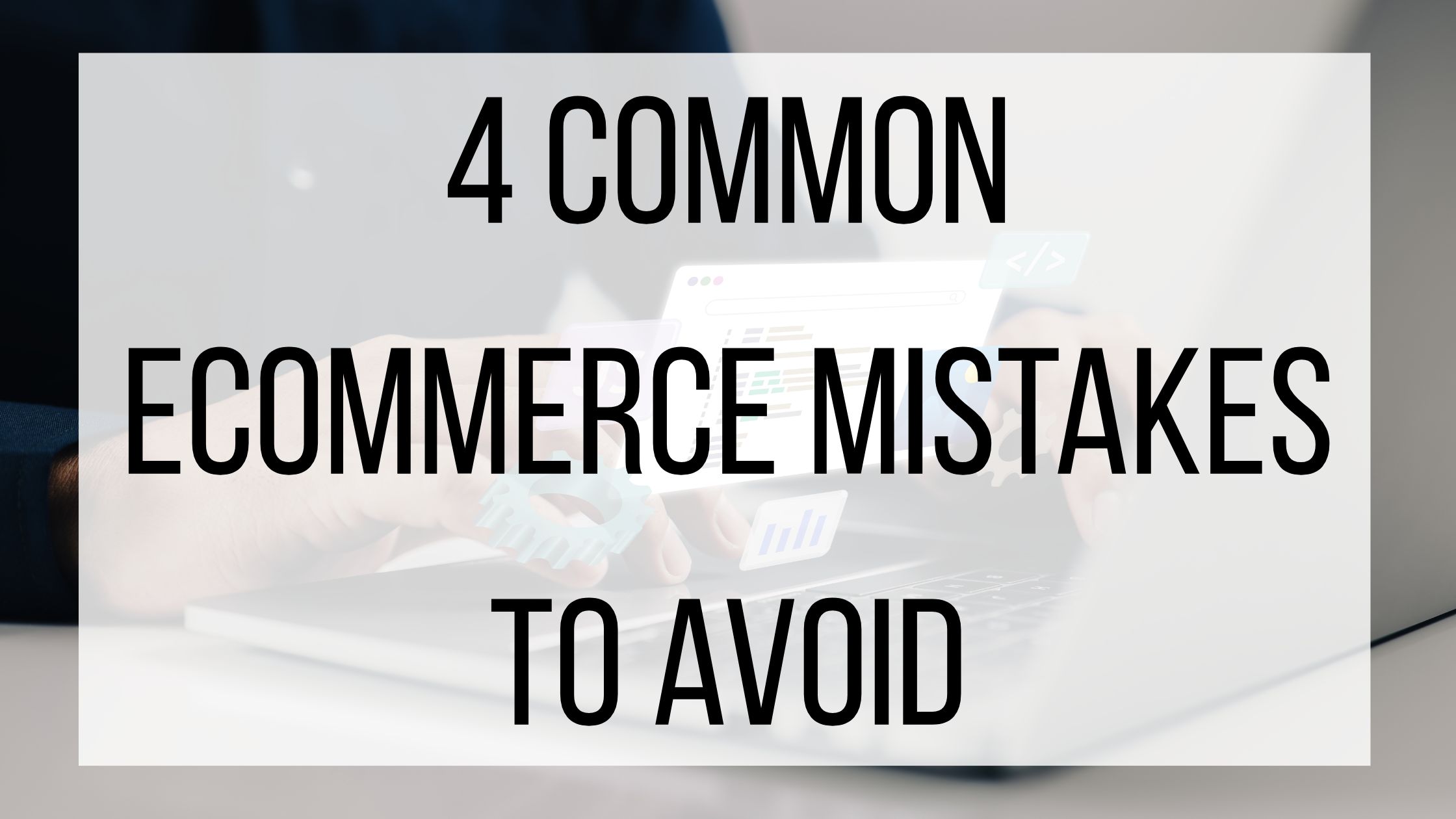Tips For Taking Your Online Business Global
The great thing about being an online business is that reaching international markets has become easier than ever. Typically, most businesses start local and when their sales begin to increase, they consider moving operations into other countries. But, going global with your business can be a high risk and the more your business plans and prepares, the better off you will be. Here at BMT Micro, we possess an extensive understanding of differences in culture, customs, and idioms due to years of working with international vendors and customers. Based on this, we have come up with a few tips we think an online business should keep in mind when making the decision to expand globally.
Choose the right audience
One of the biggest mistakes a business can make when expanding globally is thinking that the world is an extension of their home market. What do we mean? Think about how much time you have spent analyzing your home markets behaviors, buying habits, motivations, and so on? The same amount of time and effort needs to be put into every market your business decides to enter abroad. Why? Because they are not all the same. When expanding globally, we recommend that a business start small and take on just a few markets.
Localize for the region, not just the language
Many businesses think they can simply translate their website into a local language and sit back while they wait for new customers to come rolling in. Even when a business has successfully translated their message into the language of their target audience, it is equally important to know how to say it. For instance, there are many cultures that prefer a more formal approach in business communications rather than informal and vice versa. Language localization is not just the translation, it is the comprehensive research and understanding of a culture in order to adapt a product or service in all aspects. This requires doing extensive research into a new culture, as well as good planning and execution.
Adapt your SEO
Localized content is very important when it comes to a business’ Search Engine Optimization (SEO) because major search engines have made it a part of their ranking algorithms. It is also important to note that just because a business’s website may have the best SEO in their home market, it does not guarantee the same success in international markets. In order to implement a successful localization content strategy, a business will need to identify which content will be unique to a particular region. A business will also need to study the local preferences of their global markets in order to understand how people are searching to find their website. These efforts will create a more custom experience for the users in the region and enhance customers experience with a business’s product or service.
So, keep in mind that going global with your business does involve more than just translating your website (although doing this may win you a few new customers). To truly be successful, a business will need to create a cohesive experience for their international markets. One will also need the right combination of localization and partnerships. But, finding resources to support global expansion can be difficult. Here at BMT Micro, our e-commerce services offer customers a complete purchase experience, from start to finish, in their own language. We are constantly working to add languages to our localization repertoire and can already provide services in German, French, Spanish, and more! We can also create custom shopping carts and order pages to match your website for a seamless transition. Please feel to contact our vendor services at vendors@bmtmicro.com to find out more about how we can assist with your localization needs and with the expansion of your business to global markets.




1 Comment
E-commerce Trends For 2017 | · December 30, 2016 at 9:42 am
[…] [Click Here for more tips on taking your business global] […]